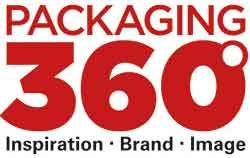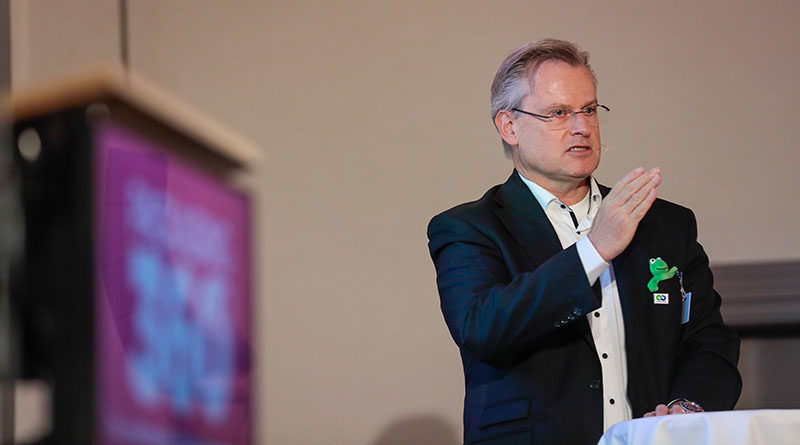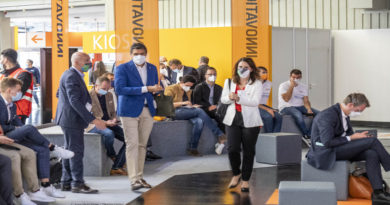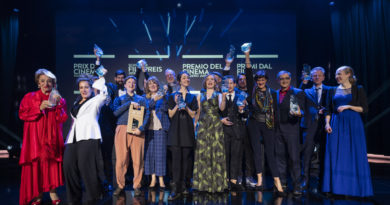“We must create attractive markets for recyclables”
Reinhard Schneider explains how it is possible to keep material cycles closed and use high-quality secondary raw materials from plastic packaging for this. He notes the results of the recyclate initiative of his company Werner & Mertz, which includes the brands “Frosch” and “Erdal”.
“The negative connotation of packaging is due to the fact that for too long we’ve been doing what’s legal, not what’s legitimate,” Reinhard Schneider, managing partner of Werner & Mertz, is convinced. Schneider has collected a number of environmental awards, including at the Packaging 360° congress in Frankfurt, where he warned of the need for change and called on the industry to follow his path.
To encourage this, his company is deliberately remaining a pioneer and only patenting a few innovations in the field of sustainability. Schneider also wants major corporations to follow his path, he said, with Procter & Gamble and Unilever in mind. Technically, he said, it is possible to produce more sustainable packaging. His “small” family business shows that technologies for energy-saving recycling already exist, and are being made available to everyone through open innovation. He feels that the large industrial companies are not following suit because new processes mostly involve investment, i.e. they are too costly.
Limiting plastic waste with closed cycles
For the Mainz-based entrepreneur, it is clear that a closed cycle is the only answer for limiting plastic waste worldwide. Schneider criticised the failure to give this the necessary priority in Germany. In addition, he felt there were too many misunderstandings in circulation. Bioplastics are highly regarded by consumers because of their “magical bio formula”, but they are no more biodegradable than other plastics. Schneider is certain that consumers will not agree to an extension of the deposit on cans to non-food packaging. And the Yellow Bag recycling programme still has a bad image. “Completely recyclable packaging is currently still being incinerated,” Schneider lamented. “We’re working on changing the image.” Together with cooperation partners such as Der Grüne Punkt along the entire value chain, Reinhard Schneider launched the Recyclate Initiative in 2012, advocating high-quality processing of used plastic from the Yellow Bag.
Using products of the Frosch brand, he showed that it is possible to develop bottles and closures made of 100 per cent recycled PET, HDPE and PP. The pioneering achievements range from the development of Frosch bottles made of 100 per cent recycled PET to the world’s first rHDPE packaging and rPP closures – both made of 100 per cent post-consumer plastic from the Yellow Bag.
Innovative cosmetics packaging causes a sensation
Werner & Mertz revolutionised the cosmetics industry last year. The shower gel bottles from Frosch Senses were manufactured with 100 per cent recycled HDPE – the first packaging from 100 per cent HDPE post consumer recyclate (PCR) from the Yellow Bag to be used for cosmetics. This was achieved by a special preparation process for HDPE which Werner & Mertz developed in a joint project with Der Grüne Punkt and the EREMA Group. The fact that only old plastic is used here does not bother the young buyers. On the contrary: according to Schneider, they buy it precisely for this reason.
Schneider repeatedly emphasised that his company is a small one in the industry, but has nevertheless set the world record for the use of recycled materials in the consumer goods industry. “PET can be recycled infinitely.” But the acceptance of recycled material is poor – “recycled plastic doesn’t sound good”, “a creepy marketing word”, people think it stinks. But scientific testing has shown that there is no migration of “old” substances into filling materials. Schneider is accordingly urging the EU authorities not to classify recyclates according to their origin. New criteria should be developed to evaluate recycling processes for food products. “For the big players, the process is still too expensive, they prefer to rely on limited editions with Ocean Plastic”, Schneider complains. Even so, he hopes that other companies – including in the food industry – will follow his path.
More market for recyclates instead of populist bans
“We must create attractive markets for recyclates if we want to close the cycles in a sustainable manner. If appropriate markets are available, more and more suppliers around the world will see a legitimate economic incentive to finally do the right thing ecologically.” Schneider feels that for politicians to wield a ban like a club is the wrong approach, and that banning plastic bags was more populist than sensible – an opinion received with loud applause by congress participants.




